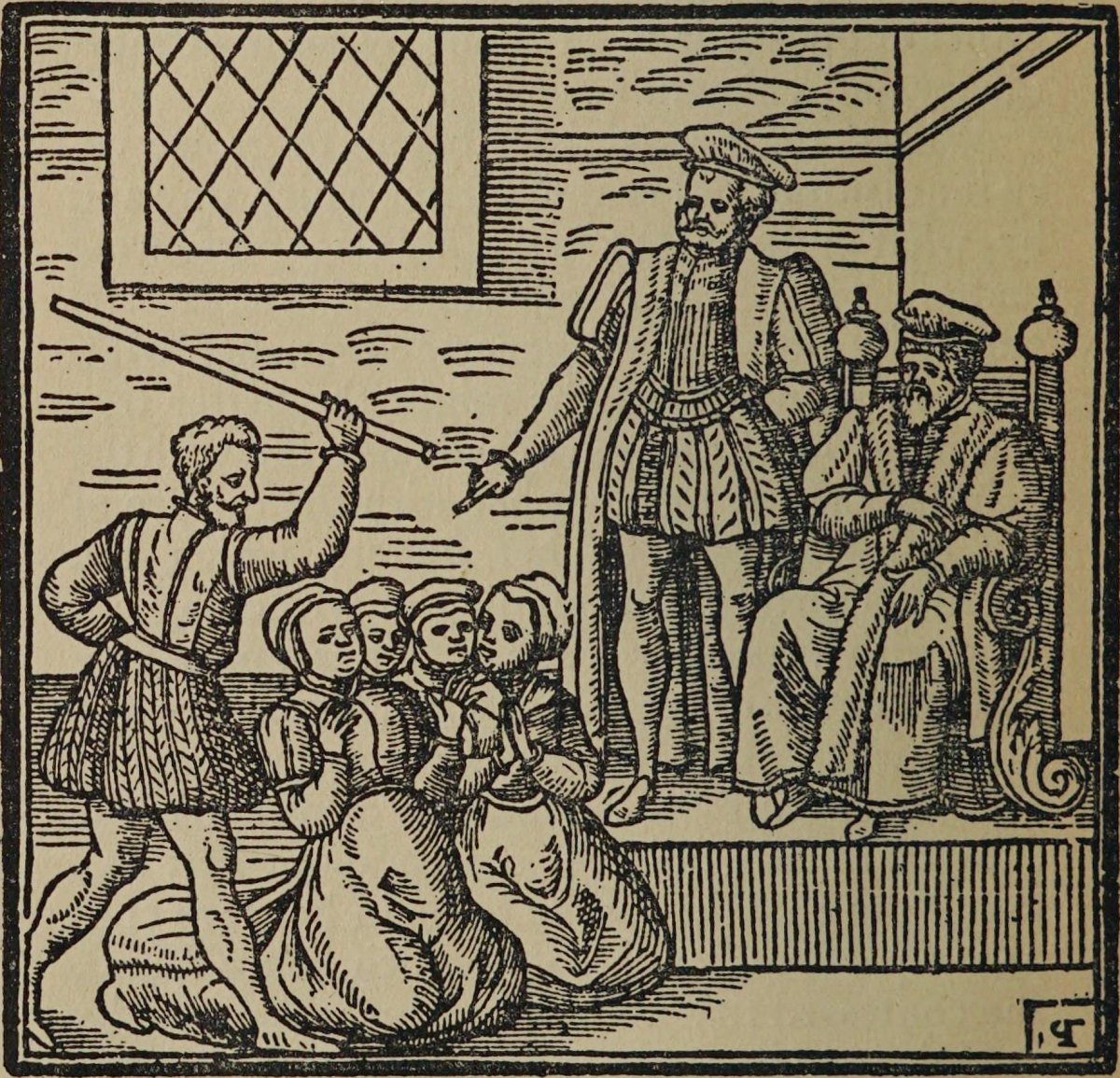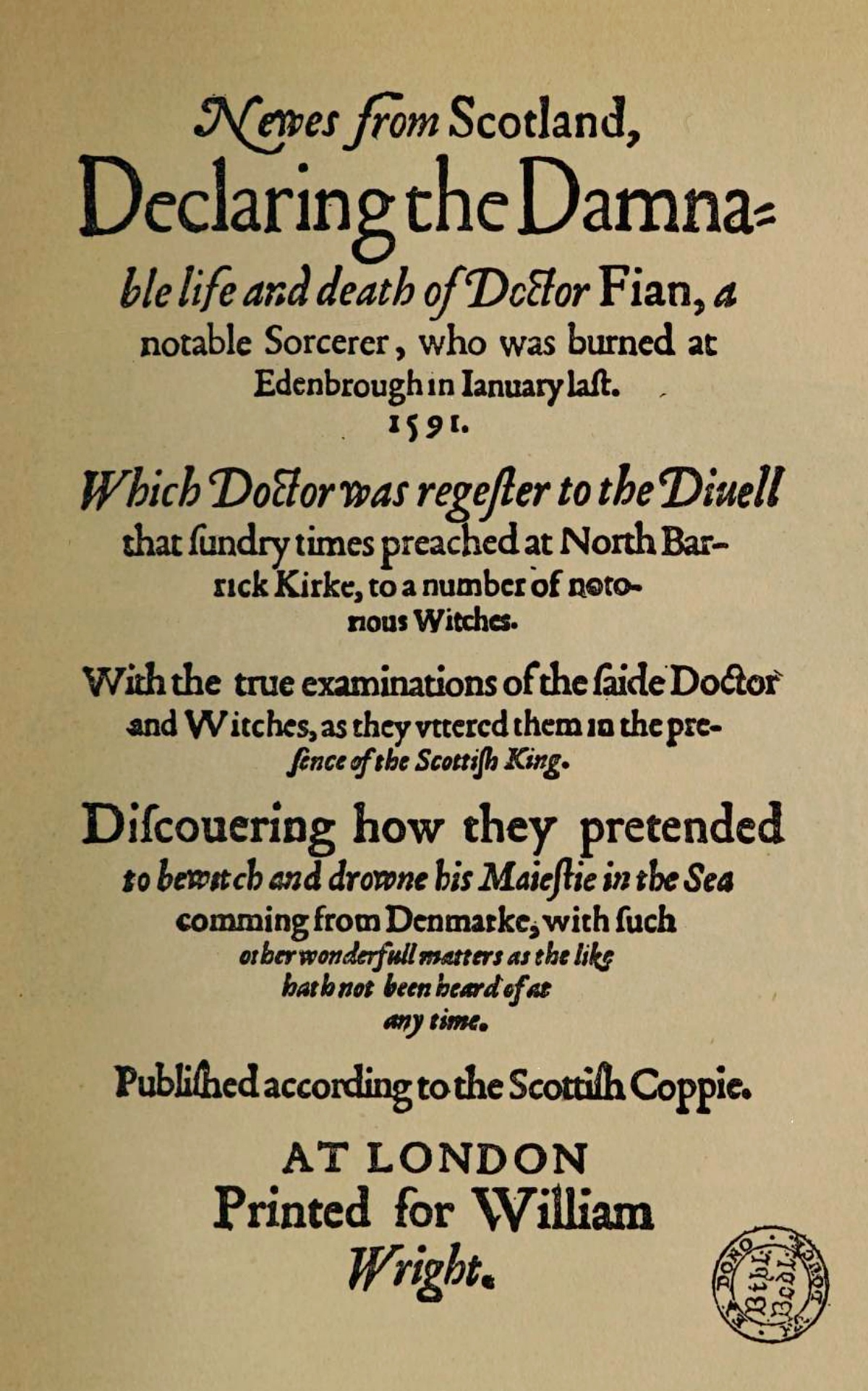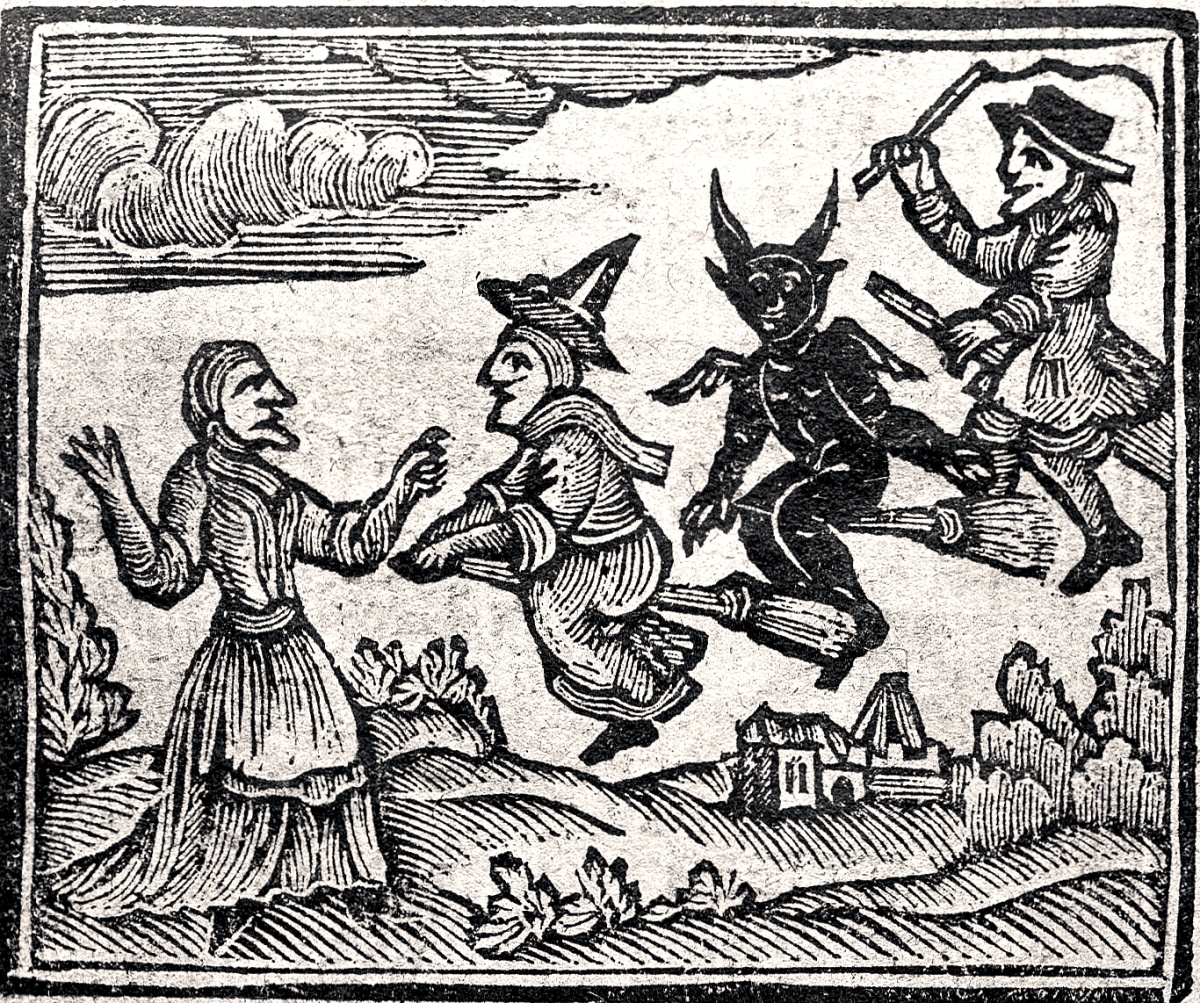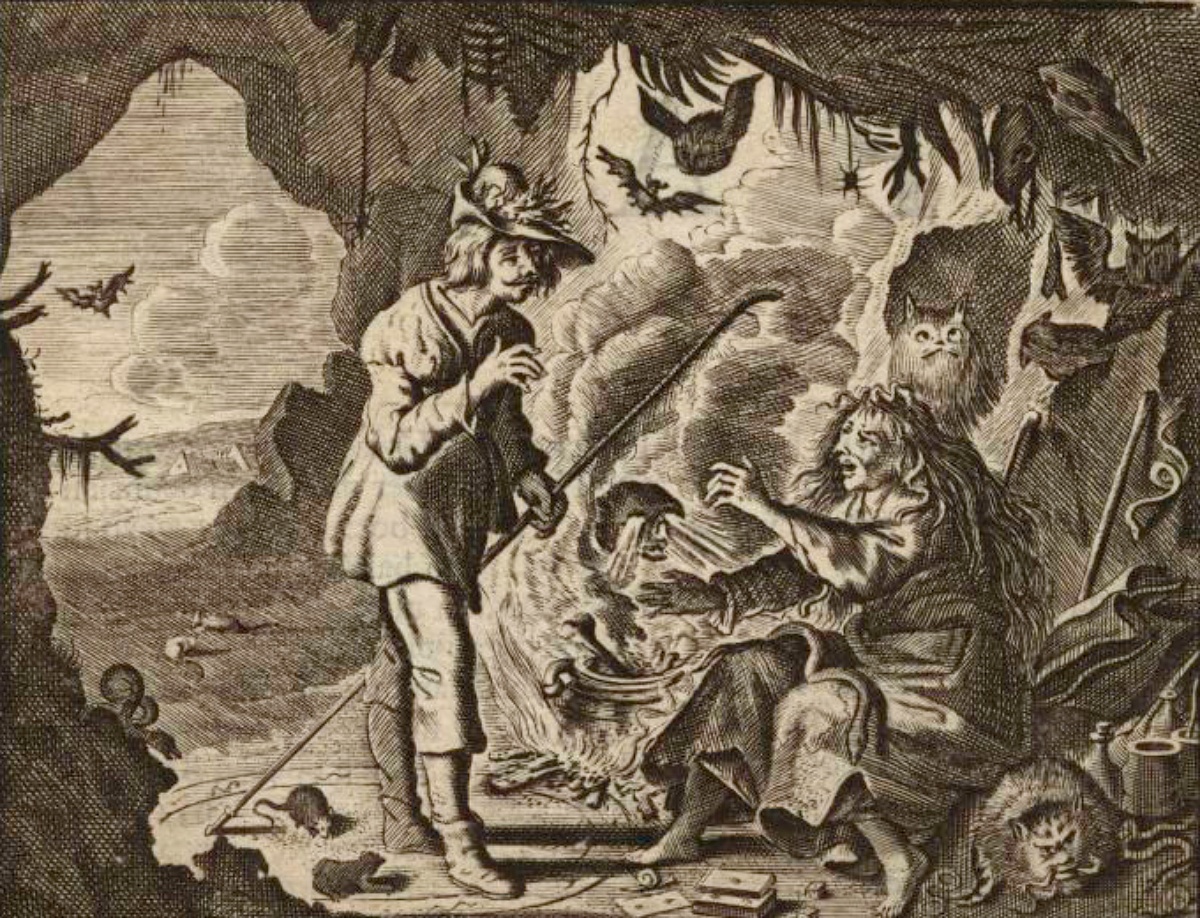Scotland Apologizes for Gruesome Witch Trials of the Past
Their unjust deaths are finally being acknowledged.
Salem, Massachusetts, is famous for holding a rash of witch trials in which the innocent were sentenced to death for supposedly practicing witchcraft. But, this tradition stemmed from the Old World, where a rising Protestant religion in the 1500s made old customs obsolete and pitted subjects of the crown against each other. In Scotland a huge number of people were put to death, many in very inhumane ways, over a 300-year period. Now the Scottish government has released an apology for all the witches they hunted and killed before this legal practice was outlawed.

During the period of the 15th century through the 18th century in Scotland religion was not separated from legal proceedings. In fact, it was used against the accused and their “crimes” were often of a supernatural nature. Hysteria about witches hiding in plain sight and walking among God-fearing Christians meant that anything out of the ordinary could be used against someone. In a court anything could be manipulated into “evidence” of a pact with the devil and the intent to cause harm to others.
A study of the data on who was prosecuted for being a witch during this tumultuous era included many people who were healers. The initiative to uncover who was “damned” and why was undertaken by the University of Edinburgh, which published an interactive map of the witch trials.
What they found was that midwives and those administering salves and restorative tinctures were often the ones called to pay for their crimes.

They also found that something as simple as helping an ill neighbor could be turned against the good Samaritan if the neighbor then died. They were often accused of poisoning the already-weakened “patient”. The strong link between medical care and witchcraft may have had something to do with the changing religious mood in the UK and in Europe at the time.
Whereas healing through prayer and folk customs may have been accepted when Catholicism reigned, it was considered suspicious to follow the same path under the new Protestant religions. And, in Scotland the number of convicted witches was 5 times that of Europe, showing a regional predilection towards accusing people of witchcraft.

The Scottish Witchcraft Act was passed in 1563 and wasn’t repealed until 1763, however many witch trials occurred before the law was enacted. The law largely targeted women, though some 17% of the accused were men. Most of those who confessed did so under duress after having been tortured. “Dr. Fian” (John Cunningham) had his fingernails torn out during his torture, as well as hot pokers, vices, and bone crushing devices applied to his person.
Over the past 2 years there has been a growing movement to get the accused pardoned, which culminated in a petition signed by thousands.
Now, an official apology has come many hundreds of years too late for the victims of the witch trials. In a statement released on March 8th, 2022, First Minister of Scotland, Nicola Sturgeon, called the witch hunts an “egregious historic injustice”. She also noted that women were targeted unfairly during the Witchcraft Act era, stating that it was an “injustice on a colossal scale…driven in part by misogyny”. An official pardon has not yet been made for the accused, though a bill to do just that is now in the works.

More than 4,000 people were accused of witchcraft during this dark period of Scottish history, of which around 2,500 were put to death by various means, including strangulation then burning as a common method of execution.
SKM: below-content placeholderWhizzco for DOT

